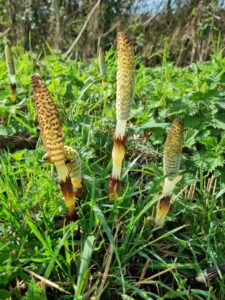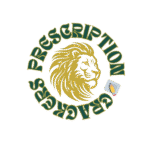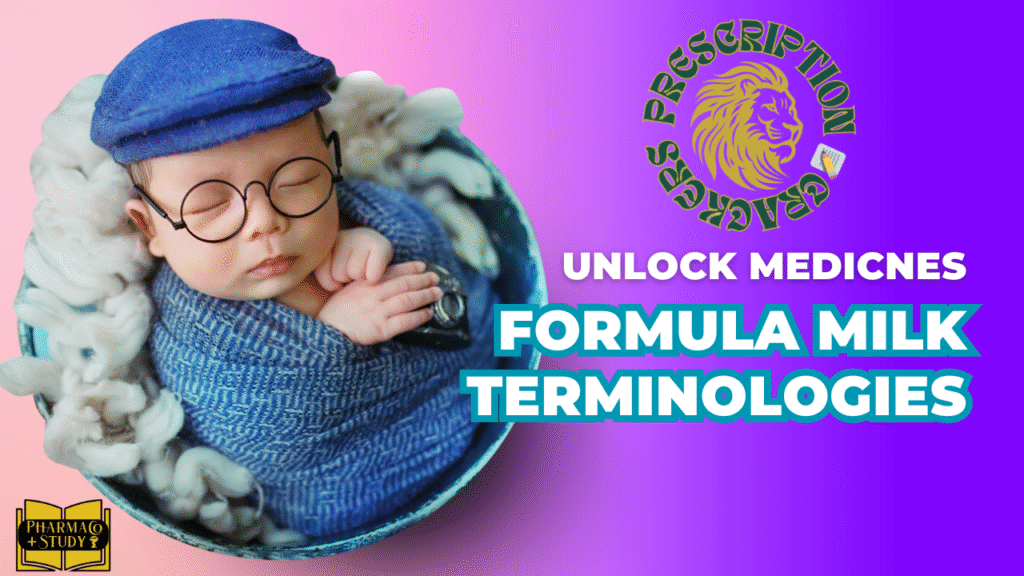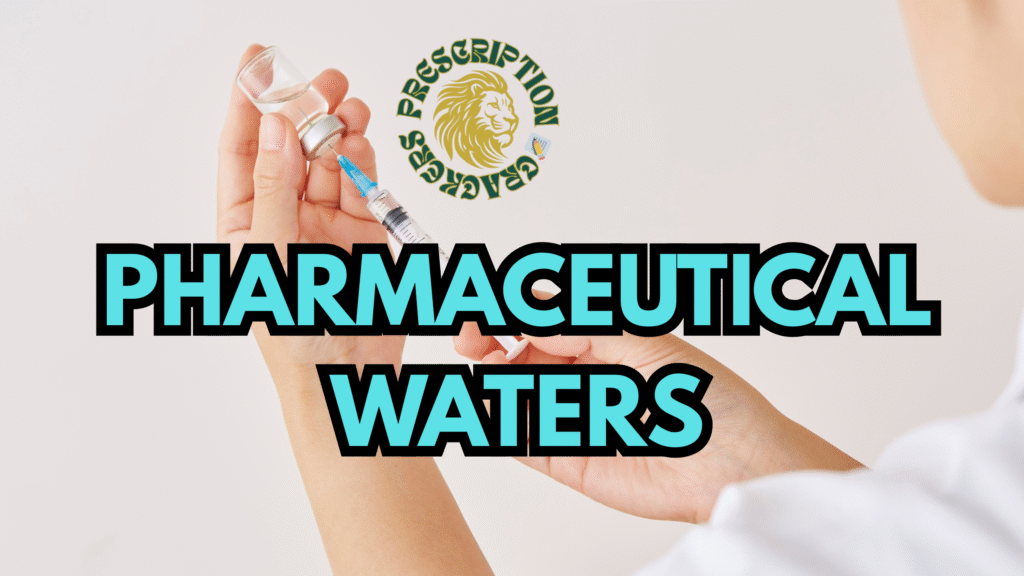Interaction Dangers of Horsetail supplements- Clinical Insights by Pharmacist
As a healthcare professional, we often come across a number of questions regarding benefits, usage and interactions of various health supplements. Likewise, a rapidly famed Horsetail Supplements are now the talk of the town which is commonly used for its diuretic effect , as treatment for urinary tract infection, osteoporosis and now more widely for improving hair health, though lacks strong scientific evidence regarding these uses. Consequently, a number of the questions regarding the usage of horsetail have also started like:
- What are the interactions of Horsetail herb?
- Is horsetail safe with medications?
- Does horsetail cause thiamine deficiency?
- Can horsetail interact with blood pressure medication?
- Does horsetail deplete vitamins?
- Is it safe to take horsetail daily?
Apart from efficacy status of horsetail, which is still under debate especially in case of its efficacy in hair care supplement, a number of supplemental brands have incorporated horsetail herb in their products due to which its use in general public has increased. So, in order to avoid any health disaster let’s get aware of the its interactions.

“Behind the Herb: What Makes Horsetail a Risky Choice for Some.”
|
HORSETAIL INTERACTIONS WITH OTHER NUTRIENTS |
|
|
Vitamin/Mineral |
Effect of Horsetail herb |
|
Potassium level |
Lower the level of potassium in blood. Caution is advised! if the patient is already suffering from hypokalaemia or is at the risk of developing hypokalaemia like those who are on diuretics are more likely to develop hypokalaemia and, in such condition, taking horsetail supplement alongside can worsen this condition. |
|
Thiamine (vitamin b1) |
Lowers thiamine level Horsetail herb consists of thiaminase enzyme, that break down the thiamine, also known as vitamin B1, consequently leads to thiamine deficiency.
|
|
Chromium |
Horsetail consists of significant amount of chromium, so taking chromium supplement alongside can cause chromium poisoning |
Horsetail interactions with Other Medications | |
Medication | Effect of Horsetail herb/supplement |
Diuretics (commonly use in the management of high blood pressure or for edema) | Diuretics can decrease potassium level like horsetail herb so, consuming both of them together highly increases the risk of hypokalaemia. |
Anti-diabetic drugs | Horsetail herb also has prominent glucose lowering effects so, co-administration with antidiabetic drugs can increase the risk of hypoglycemia. Close glucose monitoring is required in case of co-administration. Better to avoid the combination. |
Anti-HIV/AIDS | Horsetail herb can decrease the effectiveness of anti-HIV drugs like (NRTIs: Nucleoside reverse transcriptase inhibitors) and efavirenz . Talk to your physician before starting horsetail supplements with Anti-HIV drugs. |
Lithium | Horsetail herb/supplements can affect the excretion of lithium from the body consequently increasing the buildup of lithium in the body. If co-administration is necessary then the dose of the lithium should be adjusted. Talk to your physician before adding horsetail to your diet |
|
Horsetail interactions with Other Medications |
|
|
Herb |
Effect of Horsetail herb/supplement |
|
Herbs that lower blood sugar e.g. aloe, bitter melon, cassia cinnamon, chromium, and prickly pear cactus |
As horsetail also decrease the blood sugar level so co-administration of horsetail with these herbs can significantly lower the blood sugar level. |
|
Betel nut |
Betel nut also contains thiaminase enzyme that break down thiamine just like horsetail. So, if both of them are co-administered, the risk of thiamine deficiency increases two folds. |
Some horsetail products are labelled as “thiaminase-free,” but enough reliable information to know if these products are safe or what the side effects might be, is not present at the this time. So, if the use of horsetail herb/supplement is necessary, the patient should also be given thiamine (vitamin b1) supplement in order to prevent the deficiency of thiamine (vitamin b1) and also to monitor the co-administered medications in order to prevent drug interactions!
References:
Conservation Land Services. (2024). Field Horsetail (Equisetum arvense): What to Look for in Spring. Retrieved from https://conservationlandservices.co.uk/resources/field-horsetail-equisetum-arvense-what-to-look-for-in-spring/
Cordova, E., Morganti, L., & Rodriguez, C. J. J. o. t. I. A. o. P. o. A. C. (2017). Possible drug–herb interaction between herbal supplement containing horsetail (Equisetum arvense) and antiretroviral drugs: report of 2 cases. 16(1), 11-13.
National Library of Medicine. (2022). horsetail. Retrieved from https://medlineplus.gov/druginfo/natural/843.html
Revilla, M. C., Andrade-Cetto, A., Islas, S., & Wiedenfeld, H. J. J. o. E. (2002). Hypoglycemic effect of Equisetum myriochaetum aerial parts on type 2 diabetic patients. 81(1), 117-120.





